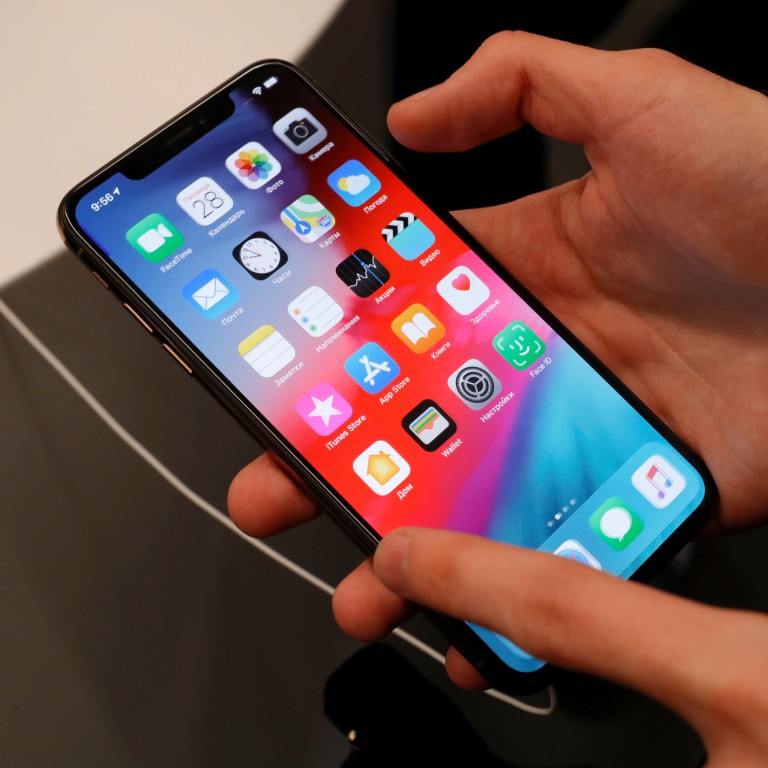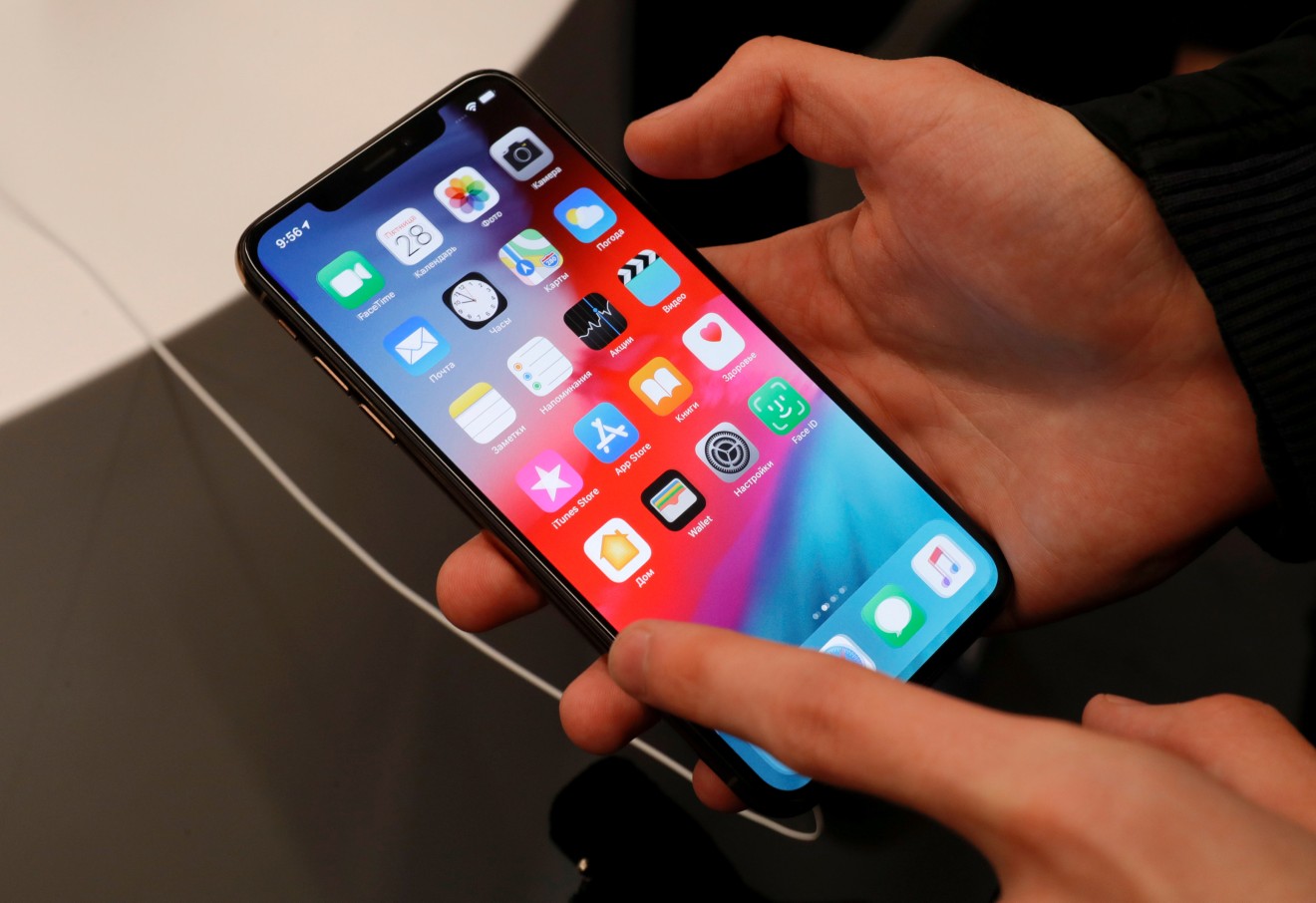
Chinese apps are collecting way too much data
Chinese app users are becoming aware of the power tech companies hold over data
In news that shocked no-one, Facebook was discovered this week to be collecting user data through independent Android apps without the consent of users.
Facebook’s long-running data privacy scandals have made painfully clear to app users what experts have been warning for years: Smartphones are basically tracking devices. And this realization is becoming clear in China, too.
Last week, a non-governmental regulator called the Internet Society of China held a panel alongside the Ministry of Industry and Information Technology, where they called out Chinese apps for collecting too much user data.
They said 13 apps are collecting excessive amounts of potentially sensitive personal data including SMS messages, address book, location, and recordings. Among them are Taobao’s spin-off Tmall, popular travel app Ctrip (which owns Skyscanner), and short video app Kuaishou.
(Abacus is a unit of the South China Morning Post, which is owned by Alibaba -- which also owns Taobao.)
Reacting to the news, some Weibo commentators speculated that the Chinese version of short video app Tik Tok seems to have a similar arrangement with China’s biggest ecommerce site Taobao as Facebook has with its partners.
TikTok, the viral short video sensation, has its roots in China
One app was even accused of snatching our faces. Selfie app Meitu was criticized for excessively collecting recognizable biodata and financial information from its users.
Selfie app Meitu wants to build an empire around beauty
App users in China have been complaining for years that local apps require way too many permissions. And they are starting to fight back.
In 2017 Baidu, the “Google of China,” was sued by a consumer-protection organization for collecting users’ information without consent including accessing a user’s calls, location data, messages, and contacts. Baidu has denied the claims.
Meet Baidu, China’s homegrown search engine
Around the same time, Alibaba came under fire for automatically enrolling users of its payment app Alipay into its credit scoring service Sesame Credit.
And China is seeing the very real impact of what happens when someone collects your data -- and then loses it.

Maybe that's why Weibo commentator Xiu Tianhuai so elegantly summed up its feelings towards mobile apps.
“I always feel that being on a mobile phone is equivalent to being naked in front of everyone.”
For more insights into China tech, sign up for our tech newsletters, subscribe to our Inside China Tech podcast, and download the comprehensive 2019 China Internet Report. Also roam China Tech City, an award-winning interactive digital map at our sister site Abacus.

